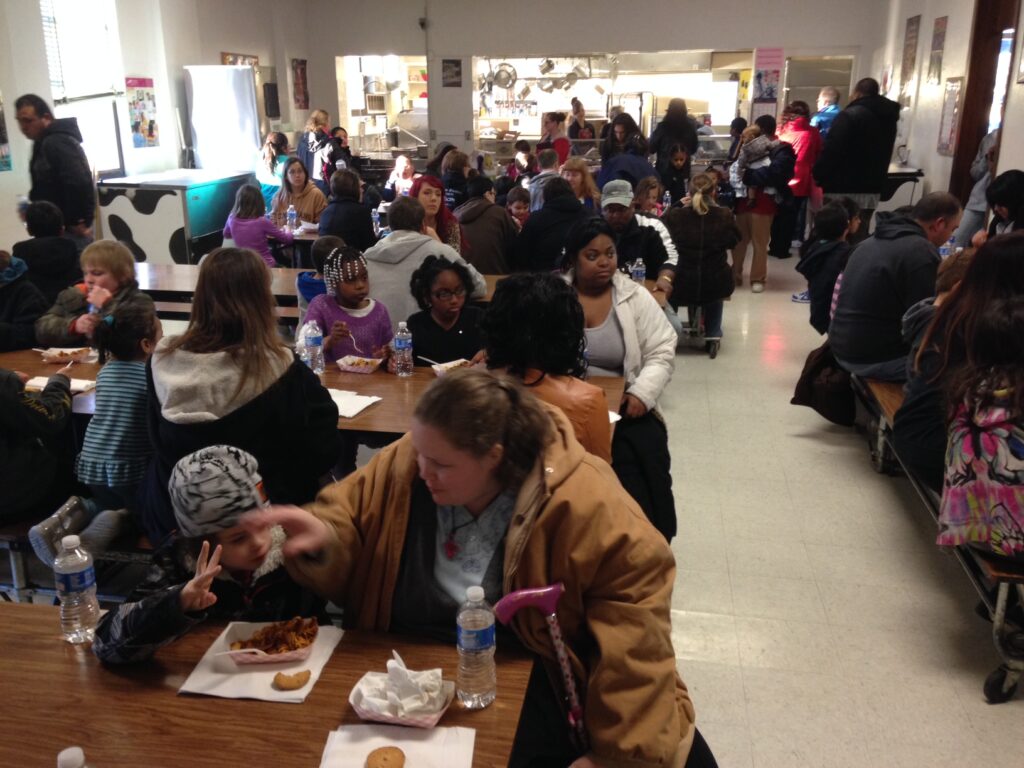All Your Parents | Part 3: Develop Relationships

With generous support from The Annenberg Foundation, NCFL developed All Your Parents = AYP, a parent involvement professional development framework. After a lengthy review of the current literature and successful parent involvement program models, and in consultation with parents and experts in the field, NCFL determined six important areas for successful engagement of parents to support children’s academic achievement.
Without trusting relationships, partnerships often fail. Building relationships is critical for parent-teacher collaboration. In order for parents and teachers to be full partners, rapport and trust must be developed. Relationship building takes time — between parents and teachers, but also between parents and children — particularly if the relationship contains new or changing expectations.
Key Ideas
- Building rapport is an important first step toward developing parent-teacher relationships.
- Recognizing barriers helps teachers understand the challenge of parent involvement.
- Community-school-family relationships provide the collaboration to strengthen learning.
- Meaningful parent-child relationships impact children’s academic achievement.
- Supporting parent involvement as a partnership strengthens efforts.
Thoughts for Teachers
- Recognize and support differing levels of parent involvement.
- Do you work to build rapport and trust with parents?
- What are some non-threatening activities you provide to get parents involved?
- Do you welcome parents as classroom observers?
- Have you asked parents about any barriers to their involvement?
- Acknowledge that parents know their children best.
- Create multiple opportunities for parents to feel successful.
Ideas for Parents
- Build learning relationships with your children.
- Recognize yourself as an important teacher of your child.
- Take advantage of school parent-child activities.
- Practice parent-child responsive strategies.
- Ask your child about school and have discussions about learning.
For more information, visit the other All Your Parent guides: